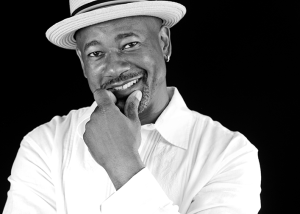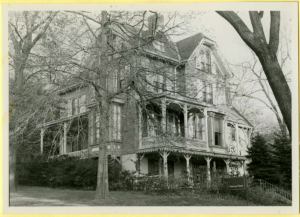True crime has the power to change lives – for better and for worse
February 15, 2023
True crime is a cultural phenomenon that has taken over entertainment by storm.
Streaming services like Netflix provide its users with a buffet of documentaries on serial killers such as Ted Bundy and John Wayne Gacy. The Investigation Discovery Channel is entirely devoted to showing dramatizations of crimes. True crime has made it to social media, too, and it can have damaging results.
People on social media have started making accusations and wild theories about the Idaho stabbings. Four University of Idaho students were fatally stabbed last fall, and internet users have jumped at the chance to get involved with the case.
Jeremy Reagan, a law student at the University of Idaho who lived near the students, was accused of being involved in the stabbings after he appeared suspicious to internet users during an interview. After a wave of online theories, he decided to submit his DNA to the police unprompted to put a stop to it.
The fact that people need to approach the police and test their DNA because of internet speculation is a shocking consequence of true crime content and discussions. Our obsession with heinous acts has produced a toxic culture of extrajudicial punishment.
Some people are viewing it as a game with a boogey-man-like character rather than a tragic event where a selfish criminal has created long-lasting consequences for the victims — deceased or alive. Our obsession with true crime and theories about cold cases affect real people.
It disconnects the audience from the real events because the victims are now characters in a story. In Netflix’s recent drama series, “Monster,” some viewers talked on TikTok how attractive they found serial killer Jeffrey Dahmer and expressed sympathy for his poor childhood. This content depicts serial killers as tragic people who cannot control these urges, and it uses the victims as a part of the killer’s story.
The insensitivity to victims isn’t the only damaging effect of true crime. The media depicts a narrative that may not reflect the actual facts of a story, which makes it easy to jump to conclusions and accuse someone who is innocent. In the Netflix documentary, “Don’t F*** With Cats,” online sleuths harassed and accused Edward Jordan, an innocent man, of killing kittens. He later died by suicide.
I come to this story as a criminology major. My interest in true crime led me to assume the position of vice president for Chatham University’s Cold Case Club, which works to solve crime cases, because I wanted to contribute to possibly finding closure for victims and their families. We treat these cases as cases and not as conspiracy theories or horror stories. Solving cases is not entertainment for us, and it shouldn’t be for anyone else.
And there can be positive results from people getting more involved in true crime. Gabby Petito was murdered by her fiance in Wyoming’s Bridger–Teton National Forest in August 2021. Her case went viral on social media, especially TikTok, and helped police find her body. Her family was able to get closure because of social media. This only makes it more frustrating to see the incredible power of social media being used to damage lives instead of heal them.
It has an easy capacity to generate online effort to find justice, but it is all too easy to become obsessed and promote unfounded theories when you view true crime as fiction rather than reality. If you watch true crime, remember that the shows, videos and movies you’re watching are depicting real events with real people and real deaths.








